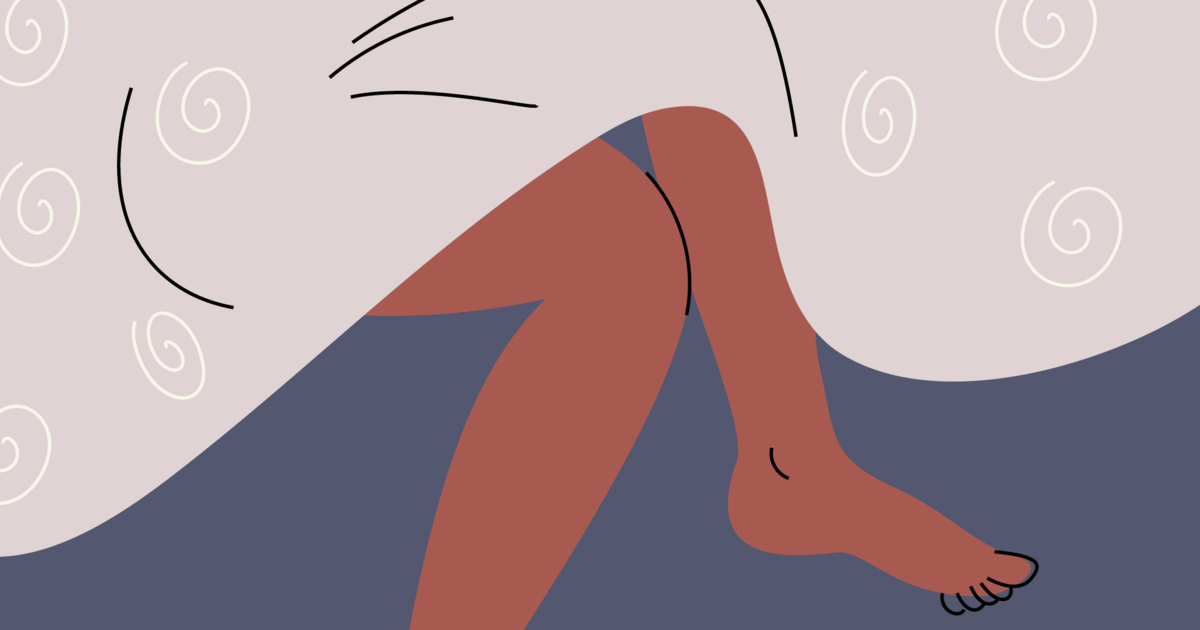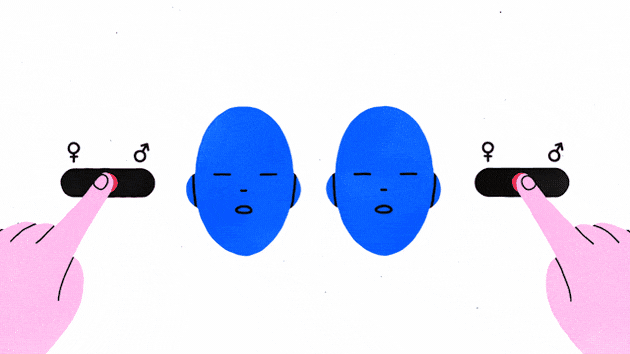Sex, Explained (Documentary)
Sex, Explained
"Dad, how are children made?"
"Ask your mom."
"Mom, how are children made?"
"God made you.
"How come?"
"Baby, you are His blessings."
I was really curious about babies and their origin when my mother was pregnant with my sister. My mom told me that my sister was in her tummy. I was five or six at the time. Obsessed with cartoons and fairy tales, I believed that fairies were God's messengers and put the baby in my mom's tummy. That made total sense to me because my mom said that my sister was sent by God. Eventually, education happened. Then, the reproduction chapter brought some things to clarity. However, the process was still a mystery. Why? I have no idea. India has such a big population yet talking about sex is taboo. For the overwhelmingly vast majority of Indians, the internet is the only source for understanding sex. However, the internet consists of a mix of true and false information. Being a biology student, it becomes a little easy to separate facts from caps. Yet, some misconceptions remain.
For clarity on sexual fantasies, attraction, birth control, fertility, and childbirth, I highly recommend the documentary, Sex, Explained.
Sexual fantasies
Almost everyone has a sexual fantasy. Very few have none. Many believe that their's is the craziest, most unusual, unique fantasy. But believe it or not, whatever be your fantasy, it is bound to fit in one of the three categories: Group-sex, Novelty, or Power and control. The first one deals with being validated and desired. The second deals with doing something out of the ordinary. For example, having sex in an exotic place or using an instrument. The last one is basically a power play. The crux to take away is that crazy desires are normal. Almost no one talks about it and even fewer act on it.
Attraction
We can't control who we are attracted to. Sometimes, we find someone who isn't extremely masculine or feminine to be more attractive and admirable than those on the extremes. We can't control the gender we like. For some, intelligence is a bigger turn-on than muscle. While for others, the face structure may be a priority. Despite all this, scientists have managed to narrow down the four pillars that play a crucial role in deciding the basis for attraction. It is not necessary that all these apply to all. The pillars are physical attraction, geography, similarities, and reciprocation. Physical appearance plays a role in deciding whether we like a person. But, the preference in physical appearance varies from person to person. Some like fat and chubby, others prefer a person with sharp features. Whatever may be your choice, eye contact plays a big role, because it's sexy. Research has found that people prefer their partners to be close geographically. According to a survey conducted in London, about 90% of partners lived at a distance of 5 to 7 km. Scientists say opposites don't attract. People often prefer partners with qualities that they desire they had. Lastly, it is obvious attraction increases when love is reciprocated. That one is a no-brainer.
Birth control
Birth control has been around for years. So why aren't there perfect birth controls options? 'The pills' work on the principle of hormone control. To understand the hormonal mechanism in the female body, one has to understand the menstrual cycle. Anyways, to put it simply, two major hormones, i.e., estrogen and progesterone, control pregnancy. By altering their optimum levels in the body, fertilization is made near impossible. This is exactly what the pill does. However, alterations in hormonal levels have grave side effects like nausea, headache, mood swings, excessive hair growth, etc. Today many contraceptives are available. With many options, there is variation in consequences. So which one is the best? (Hint: Saheli). New research shows there may be contraceptives for men in the near future but will they take them? Remember, it takes two to accidentally get pregnant.
Fertility
How do babies become babies? With advancements in science and technology, sex isn't the only answer anymore. Options are widely ranging from test-tube baby to intracytoplasmic sperm injection. Infertility is plaguing globally. Rising pollution and chemicals combined with delayed marriage age, complications in pregnancy, and infertility are becoming a natural phenomenon. However, there is also an increase in options available for having a biological child. The new solution is ART (Assisted Reproductive Technologies). To dive into details check out this documentary!
Childbirth
Now, I am no expert in this but from what I have heard... It can be painful and traumatizing. Experience varies from person to person. It has been observed that with evolution, childbirth is becoming increasingly painful. Standing upright, with narrower hips but increasing brain size in babies is a recipe for pain. Anesthesia and medication help to some extent but the role of the doula is also emerging to be a prominent one. Earlier, midwives (women usually of lower status) assisted with the delivery. With time, hospitals revolutionized the concept. However, the childbirth process still needs a lot of modifications. Episiotomy once popular is now hardly done. The use of Pitocin is becoming popular. Nonetheless, the question remains- Are we headed in the right direction?
Smart, funny, and quirky. Highly recommended.






Seems as if this should have been watched in June 2019. You get me, right? xD
ReplyDelete